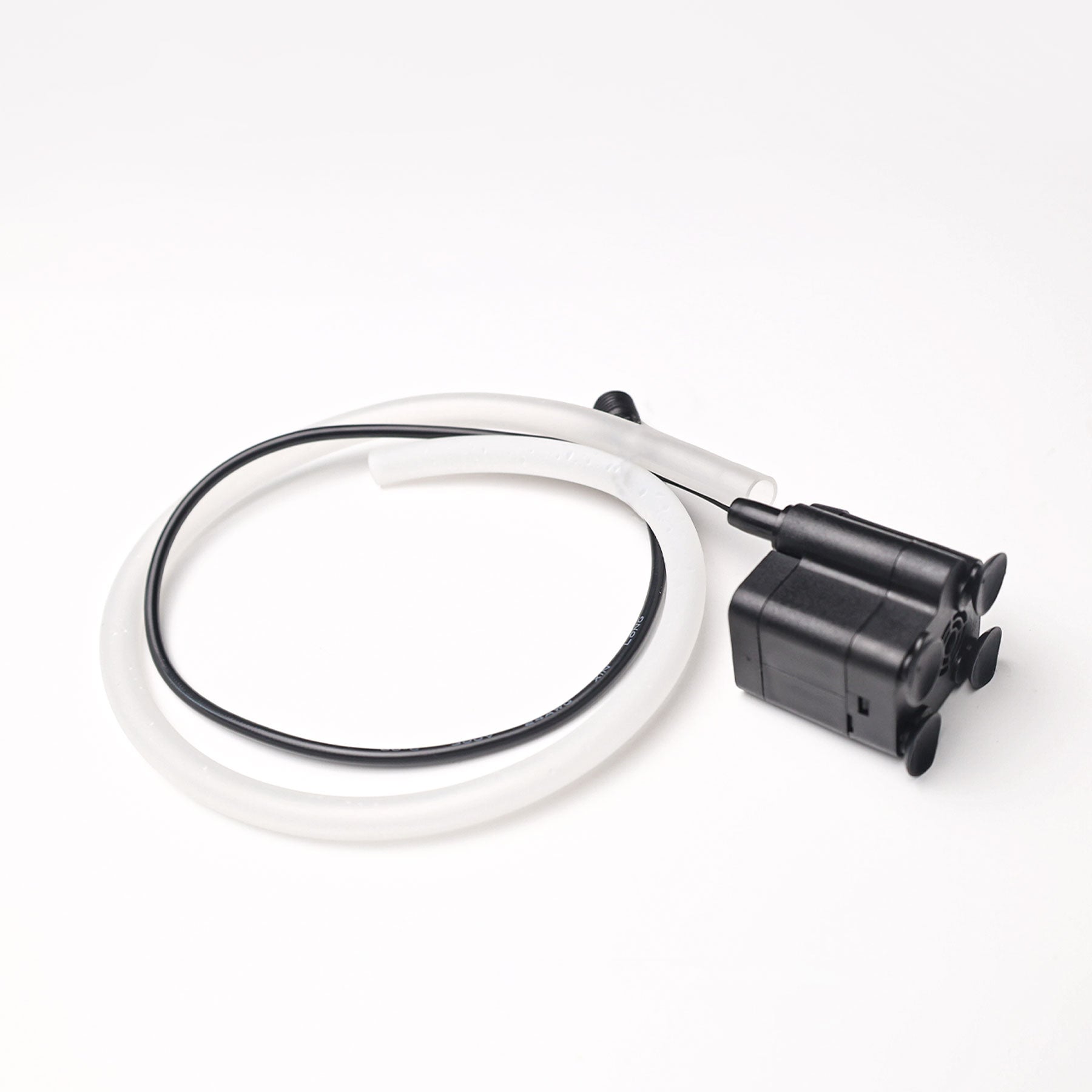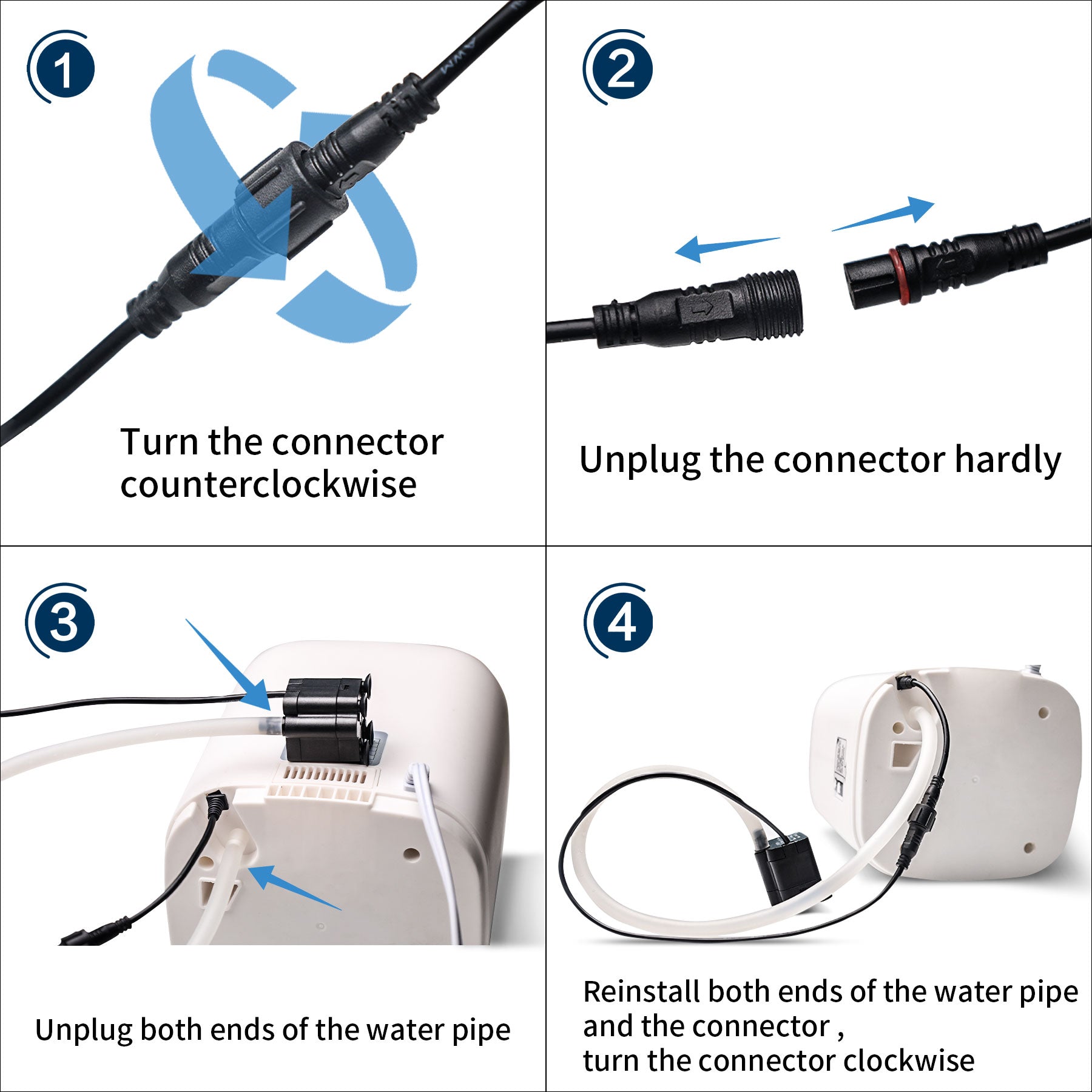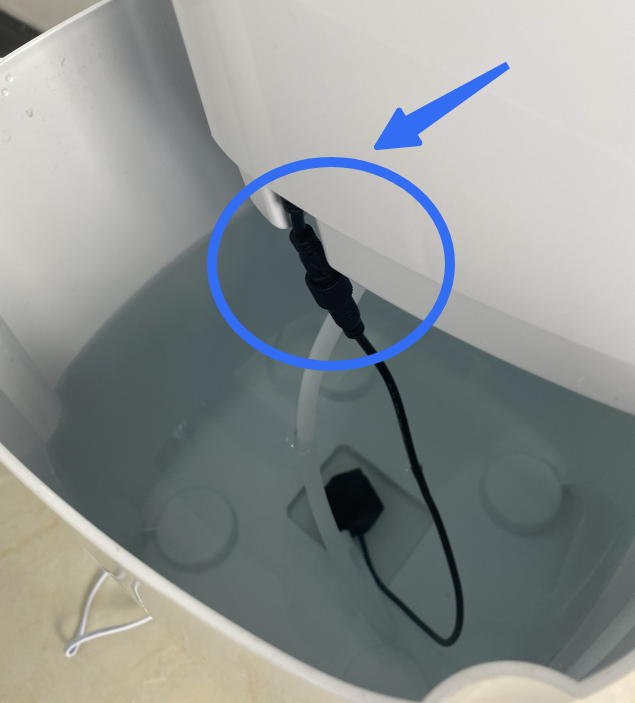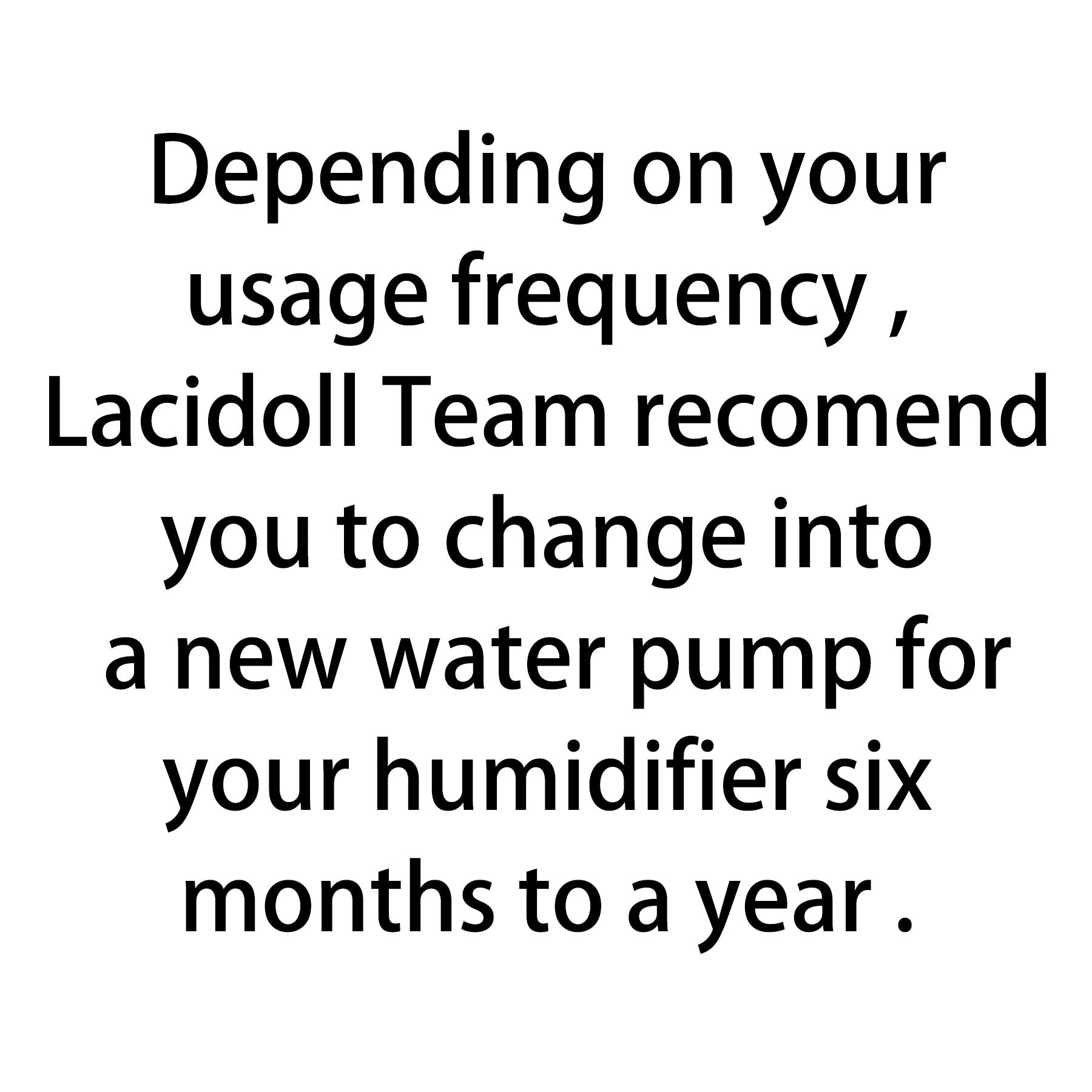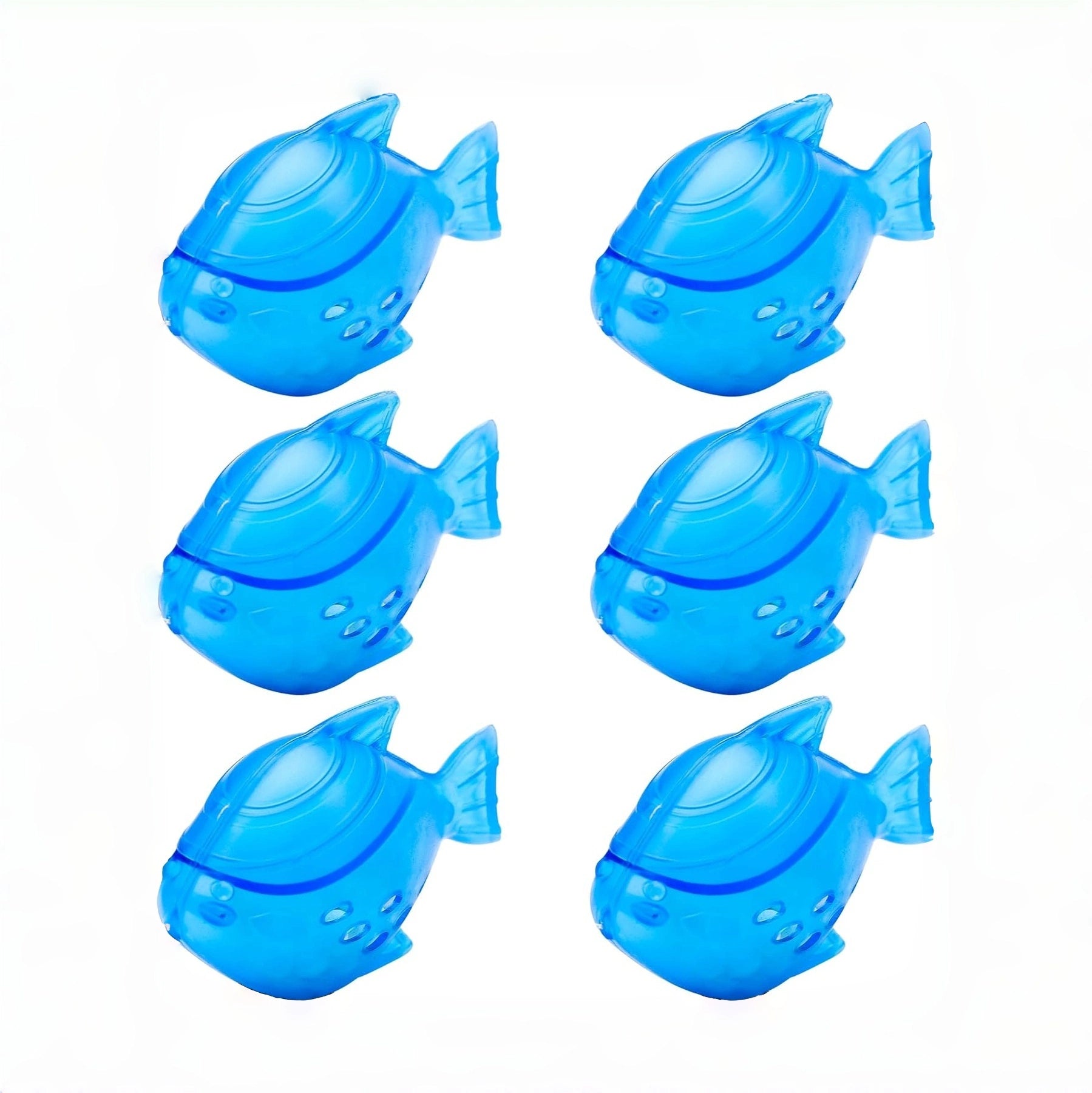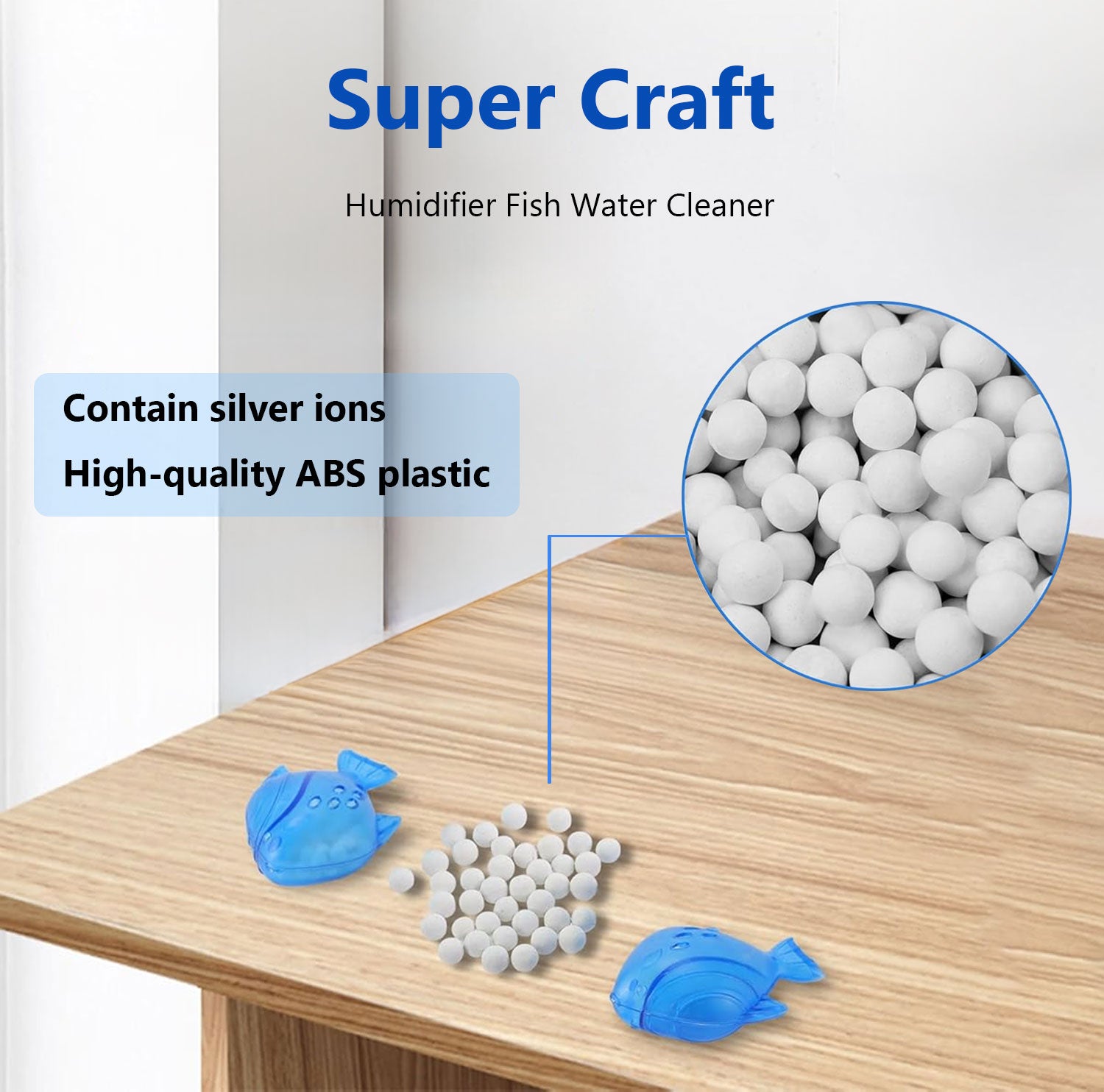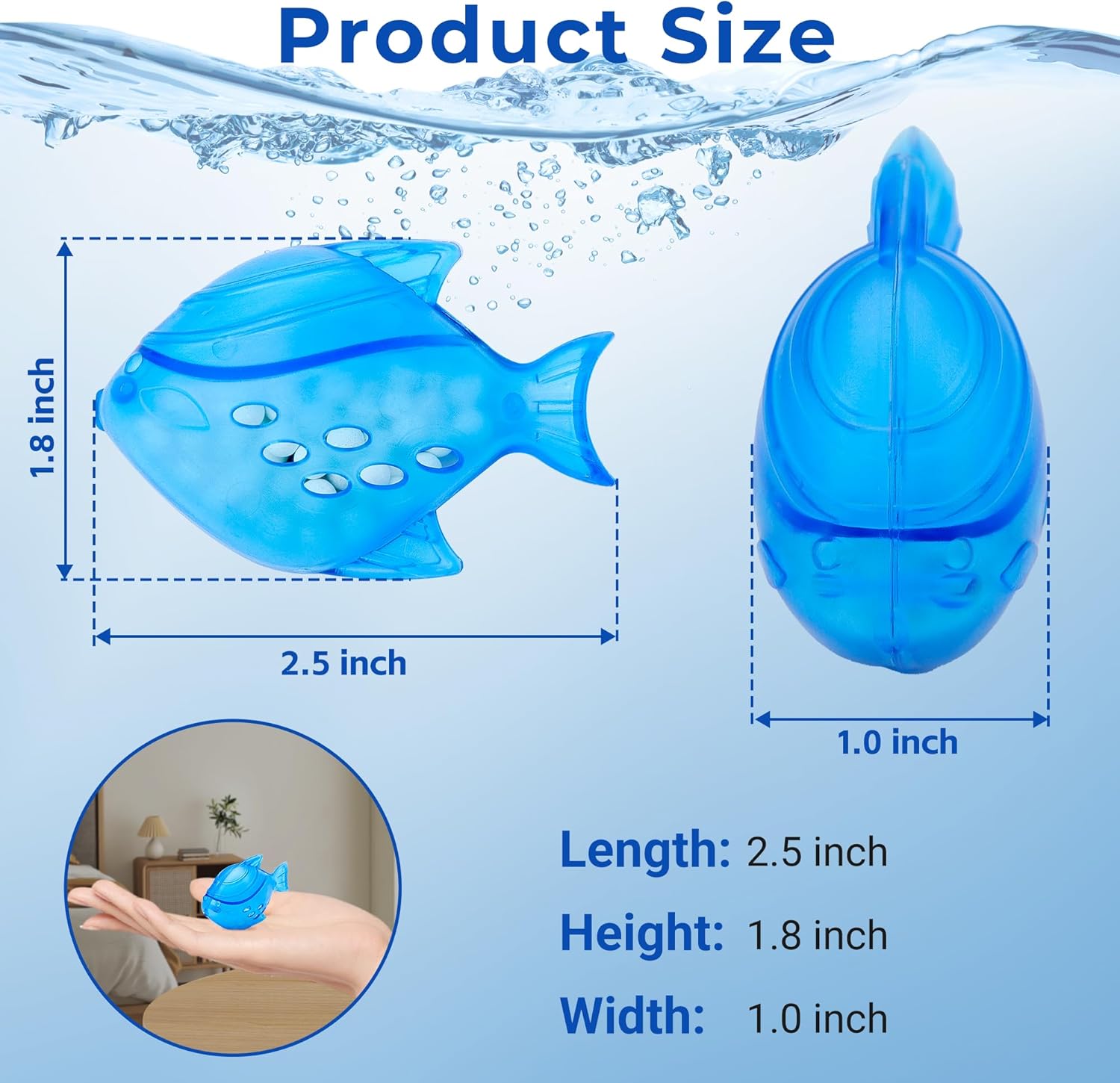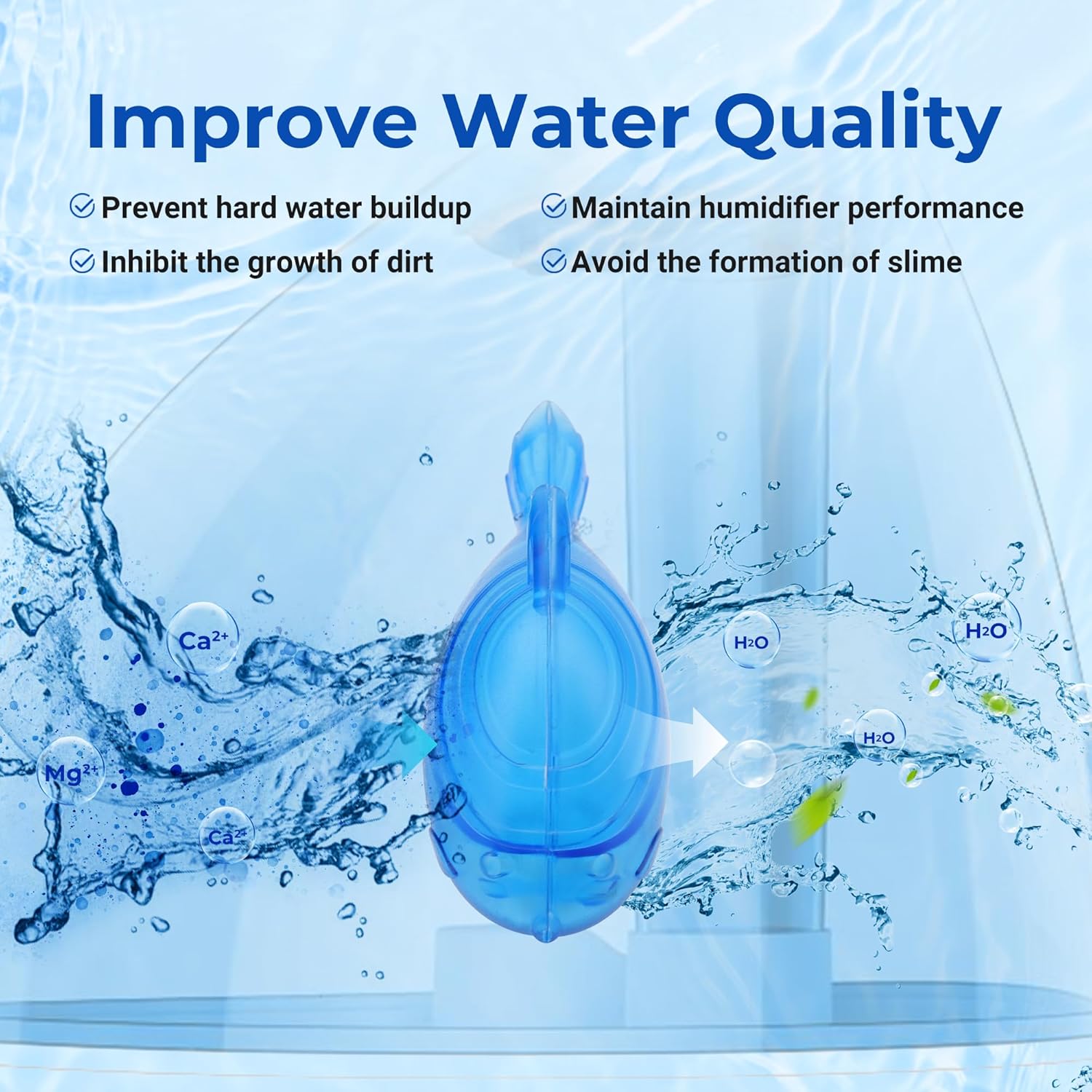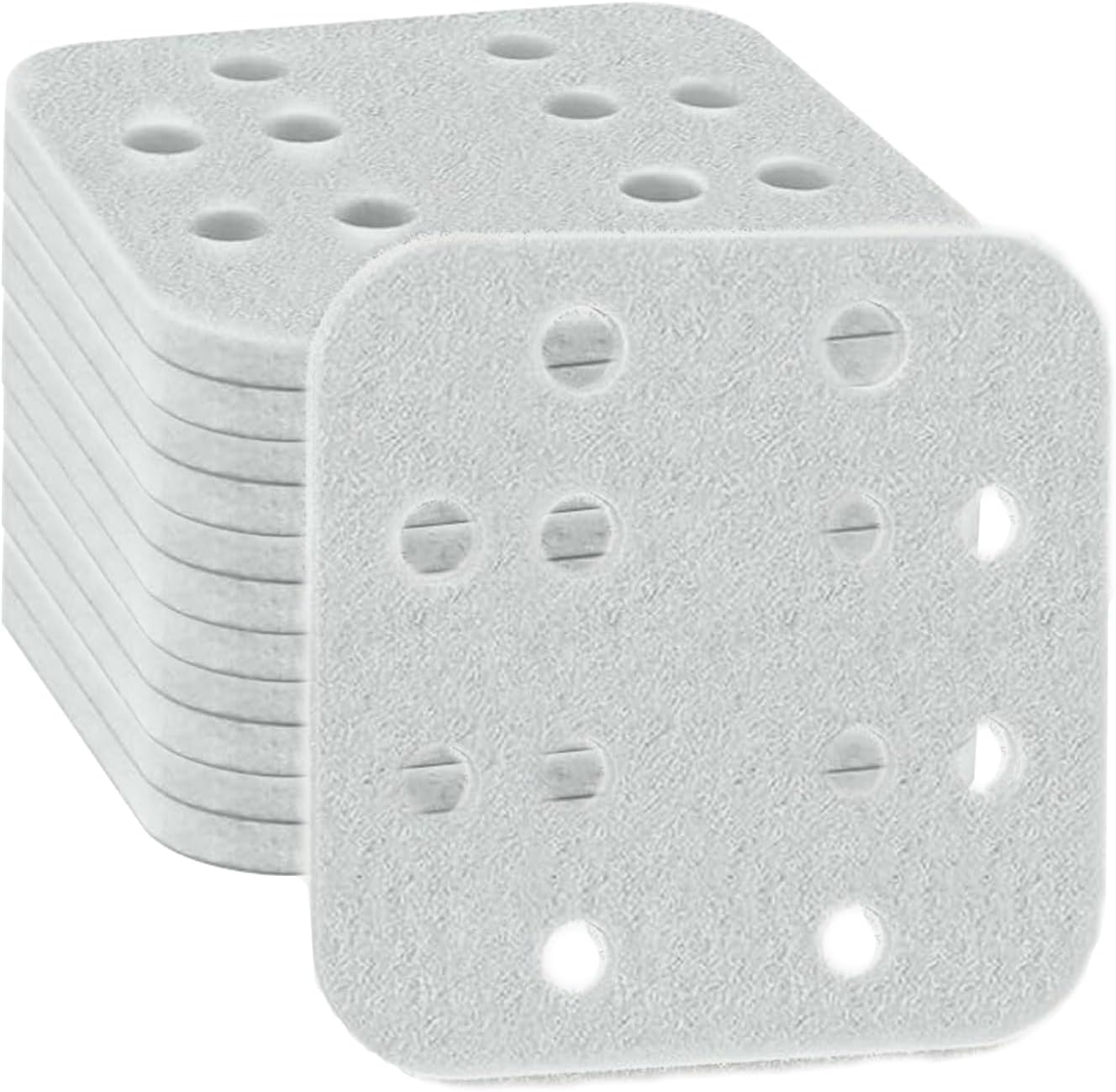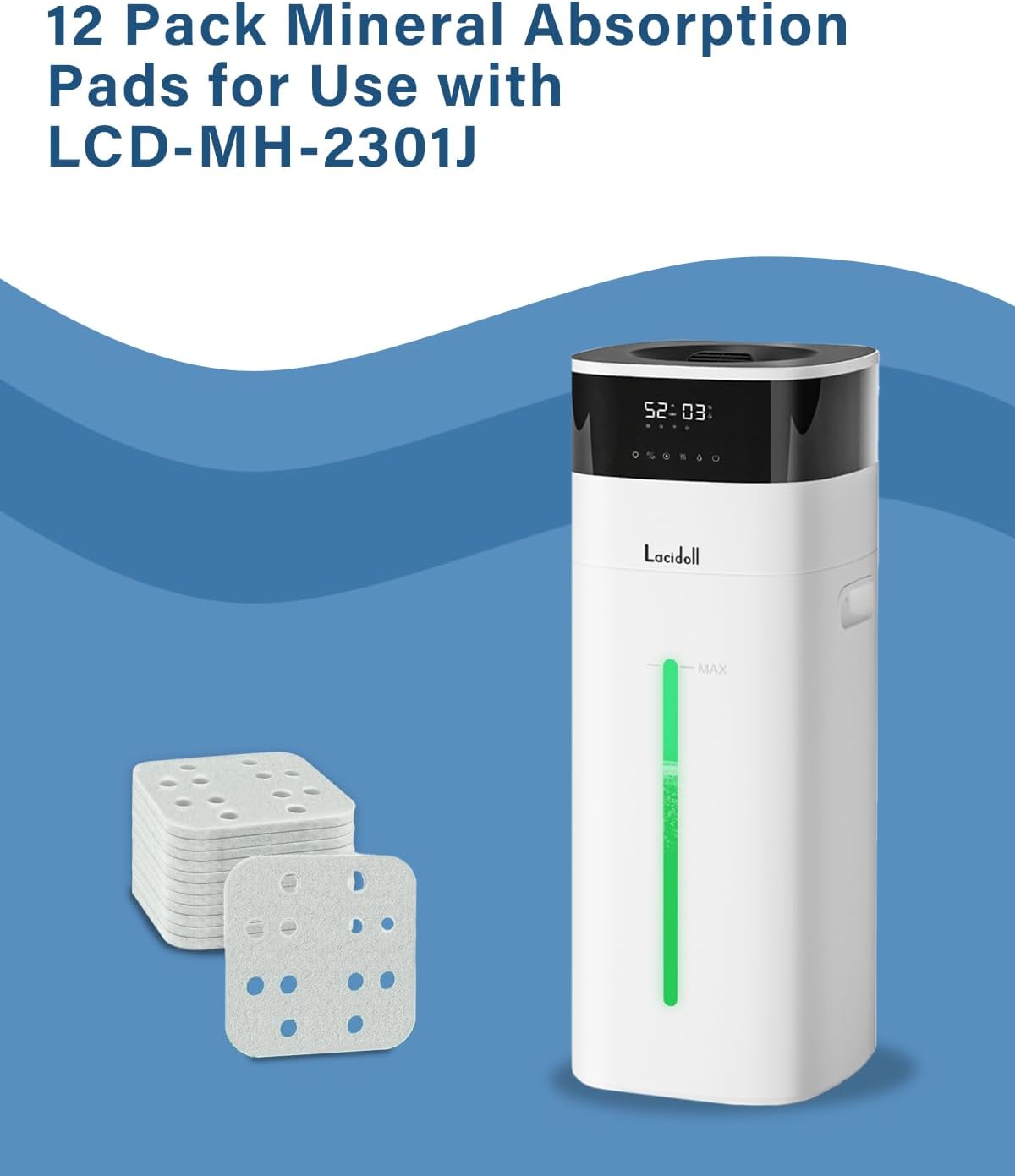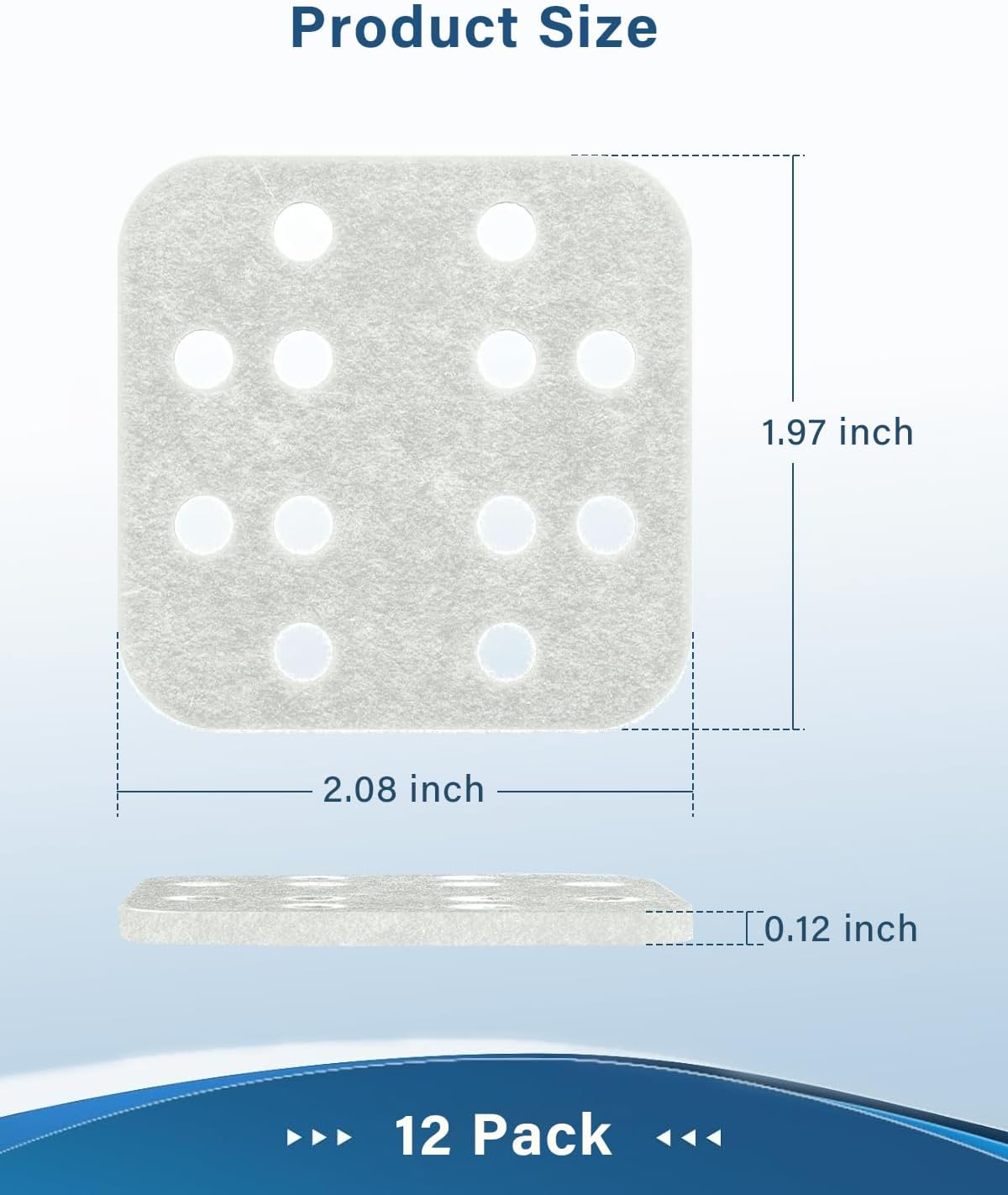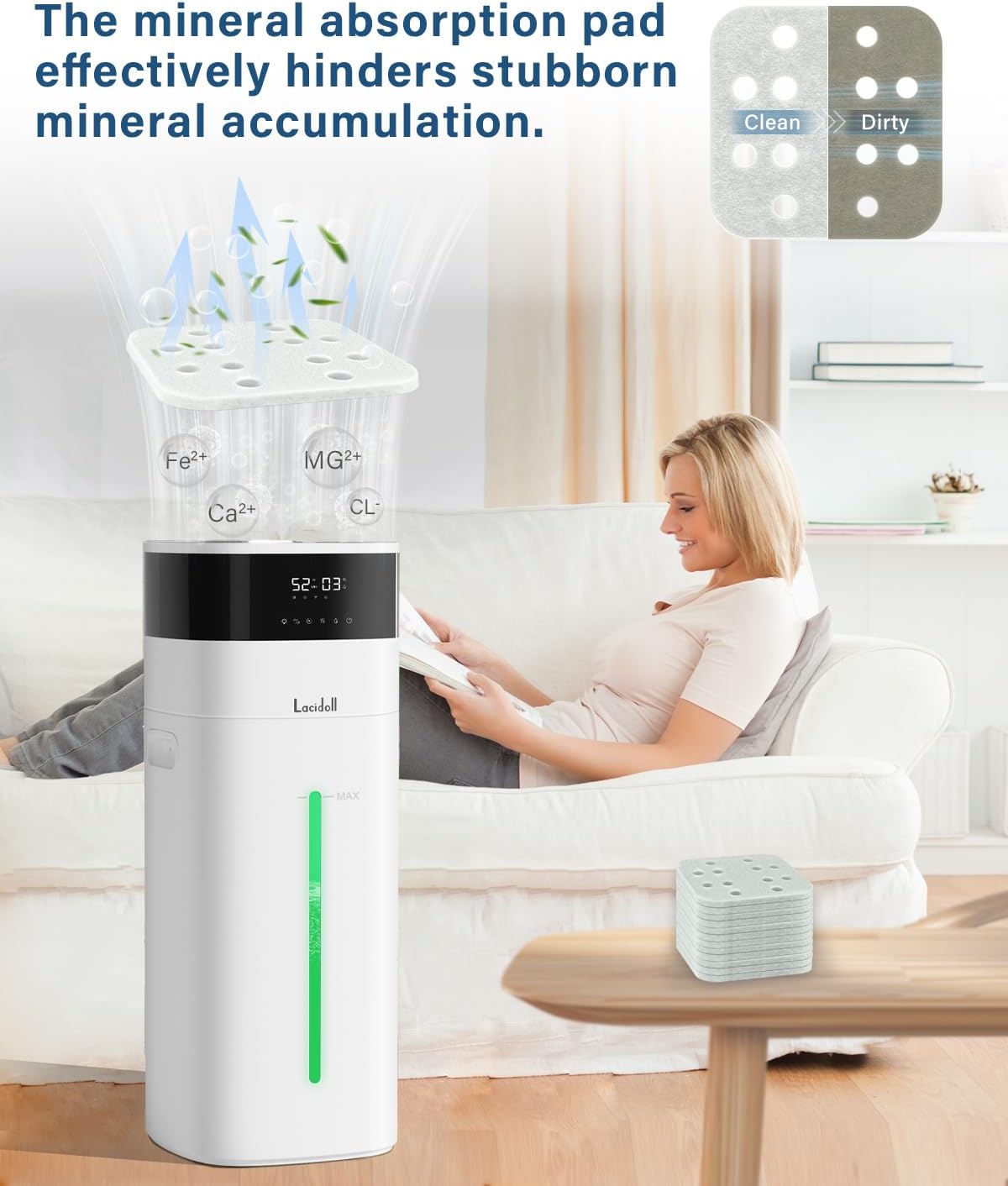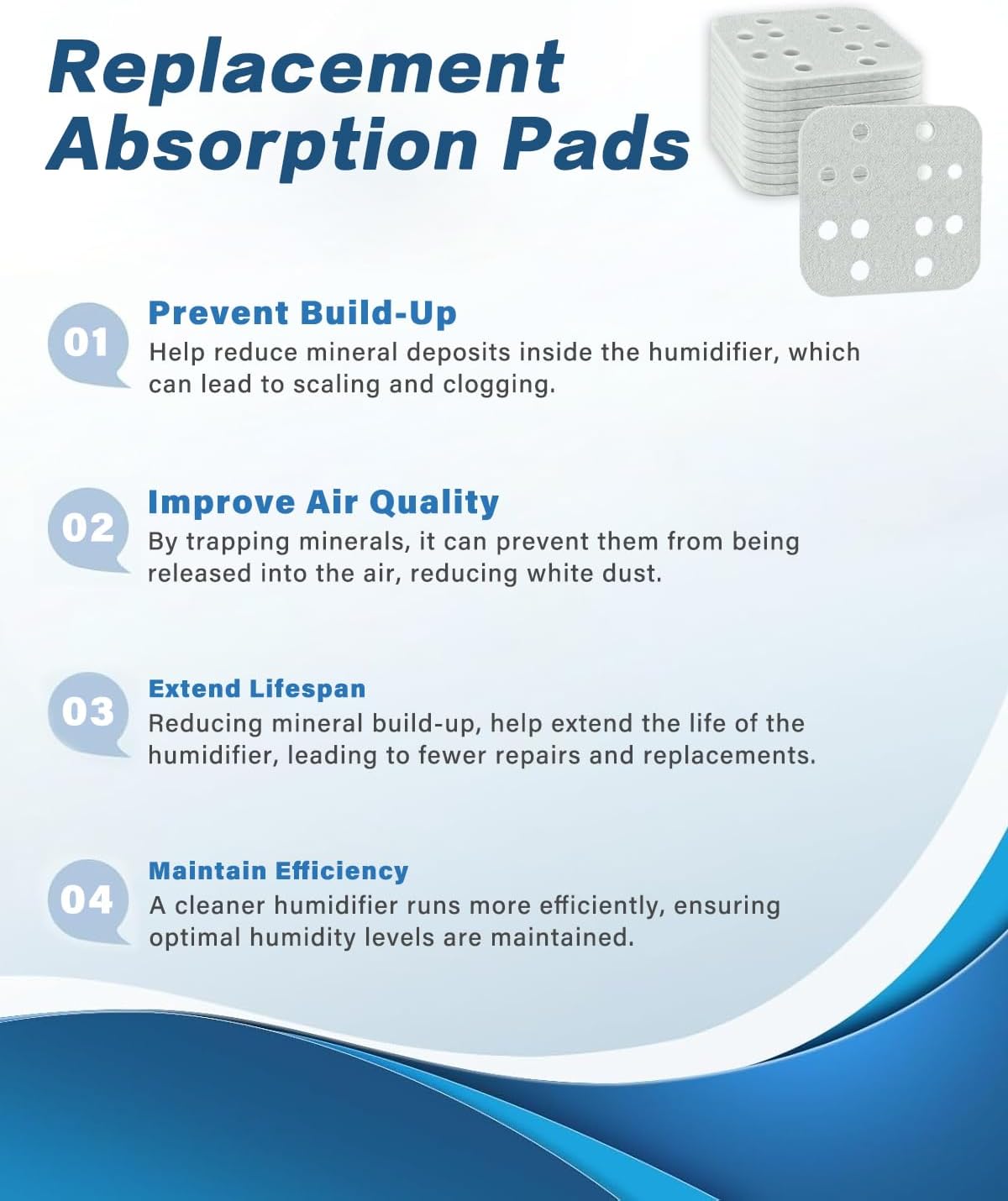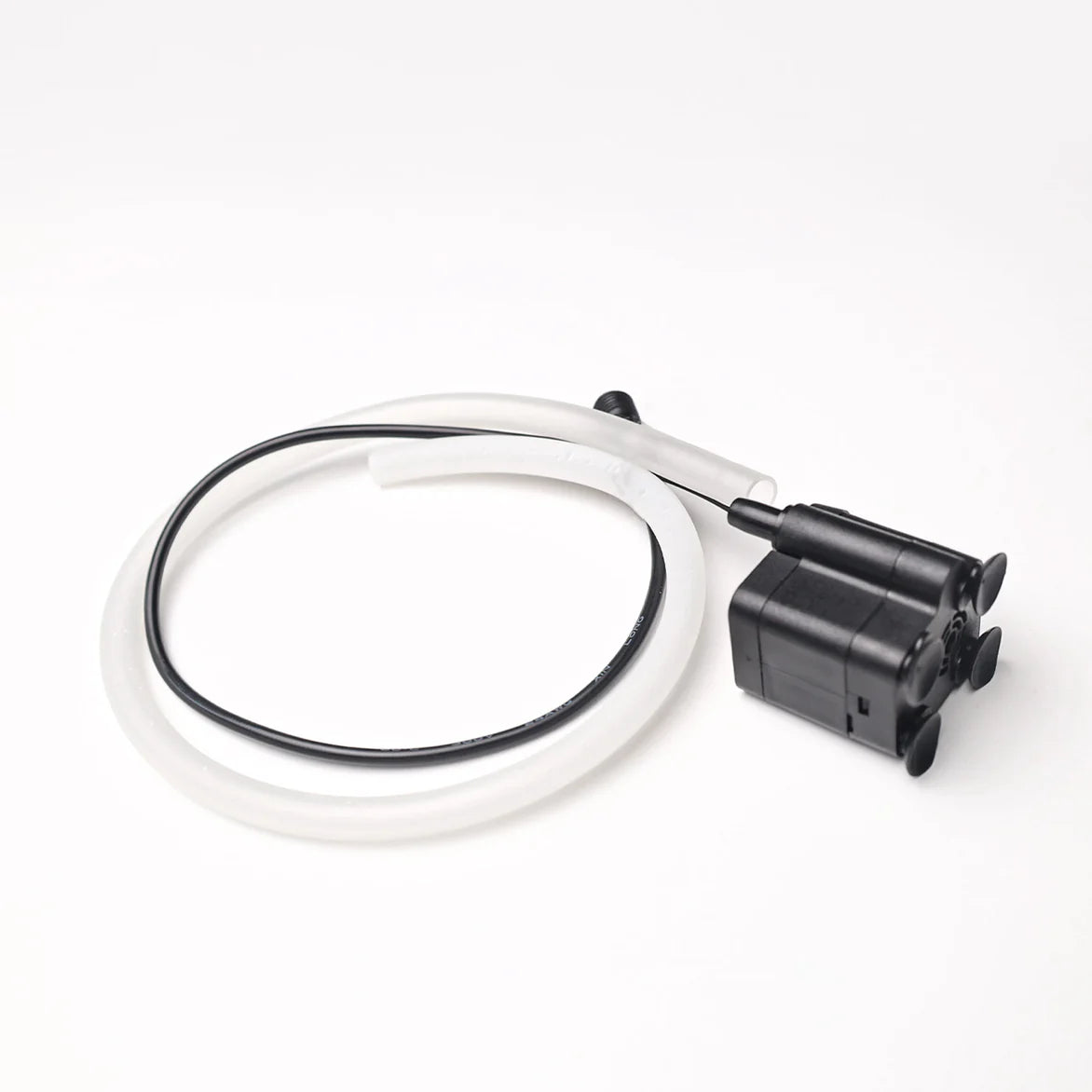Whenever a cold strikes, sore throat, stuffy nose, and difficulty breathing all make people feel depressed. At this time, a humidifier may be your savior! Moderate humidity can not only make the air fresher, but also effectively relieve some cold symptoms. Next, let's learn about colds and how humidifiers can help you feel more comfortable when you have a cold, and learn to choose the right humidifier!
What is a cold?
-
A cold is usually a mild infection of the nasopharynx (upper respiratory tract) caused by more than 200 different respiratory viruses.
-
A cold can last about a week, but some colds last longer, especially in children, the elderly, and people with poor health.
-
The average adult catches a cold two to three times a year, mostly between September and May.
-
Children catch more colds each year than adults.
-
Colds are highly contagious. They are usually spread through droplets produced when an infected person sneezes or coughs. These droplets can enter your body by breathing or touching contaminated surfaces and then touching your eyes, nose, or mouth.

What are the common symptoms of a cold?
Between one and three days after a cold virus enters the body, symptoms start developing, such as:
-
Runny nose or congestion
-
Sneezing
-
Sore throat
-
Headache
-
Cough

How to feel better?
-
Get plenty of rest.
-
Drink plenty of fluids.
-
Use a clean humidifier or cool mist vaporizer.
-
Use saline nasal spray or drops

Humidifiers relieve cold symptoms
The main function of a humidifier is to increase the humidity in the air, making breathing smoother.
The humidifier disperses water into small mist, which is evenly released into the air. These mist helps to keep the nasal cavity moist, reduce the accumulation of viscous secretions, and relieve sore throat. Therefore, turning on the humidifier at night can not only help us breathe better, but also help you fall asleep peacefully.

Types of humidifiers suitable for colds
There are many types of humidifiers on the market, mainly including the following:
-
Ultrasonic humidifier : uses ultrasonic vibration to produce tiny water mist. This type of humidifier is quiet, suitable for night use, and consumes less electricity, making it a common choice for families.

-
Steam humidifier : by heating water to produce steam released into the air, warm water mist is particularly effective in relieving nasal congestion, but the power consumption is slightly higher, suitable for rapid humidification in a short time.

-
Evaporative humidifier : uses a fan to evaporate moisture into the air. This humidifier is very natural and does not easily cause the air to be too humid, but it is slightly noisy.

-
Cold mist humidifier : can produce a large amount of water mist, suitable for large space use, but need to pay attention to avoid bacterial growth.

During a cold, ultrasonic humidifiers and steam humidifiers are recommended. The former is suitable for long-term low-noise humidification, and the latter can quickly improve dry air in a short time.
How to use and maintain a humidifier correctly?
In order to fully utilize the function of a humidifier, proper use and daily maintenance are crucial.
-
Maintain appropriate humidity : High humidity may cause mold growth, it is recommended to use a hygrometer to monitor and maintain humidity between 30% and 50%.
-
Use pure water : Water quality will directly affect air quality, try to use distilled water or pure water, which can reduce the residual minerals and prevent the production of white powder.
-
Daily cleaning : humidifiers are prone to bacterial growth, it is recommended to change the water every day and deep clean once a week to prevent bacteria from spreading through water mist.
-
Placement position : The humidifier should be placed in a stable and high position, avoiding direct placement on wooden furniture. At the same time, make sure there is a certain distance from the wall to prevent water mist from condensing.

Other notes
-
Avoid excessive reliance on humidifiers : do not use them frequently when the air humidity is moderate, excessive humidification may cause respiratory discomfort.
-
Avoid direct contact with children steam humidifier : steam humidifier water temperature is higher, be careful to prevent burns.
-
Use essential oils with caution : Some humidifiers support essential oils, but for people with sensitive respiratory tracts, too much essential oil smell may be irritating, try to use less or choose low concentrations.
Both cold mist humidifiers and ultrasonic humidifiers can effectively relieve discomfort such as sore throat and nasal congestion caused by dryness, allowing you to breathe smoothly and sleep more soundly. Maintaining appropriate humidity and fresh air can help you recover faster. Let the humidifier become your secret weapon for a comfortable life, making every breath easier!





